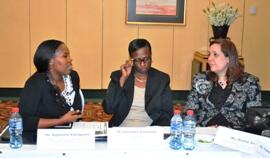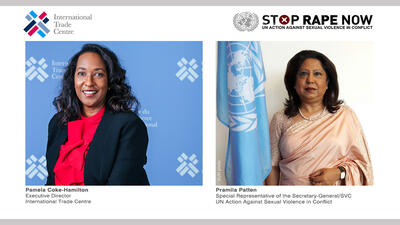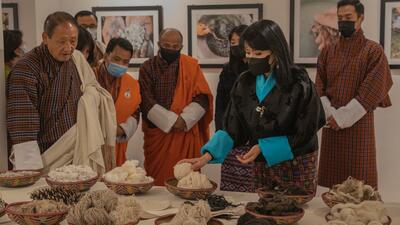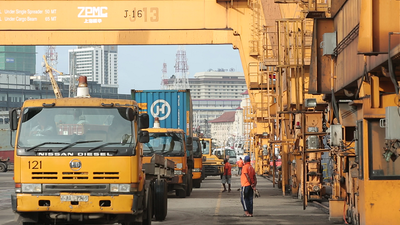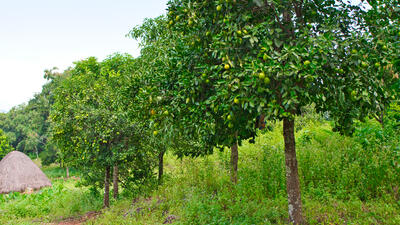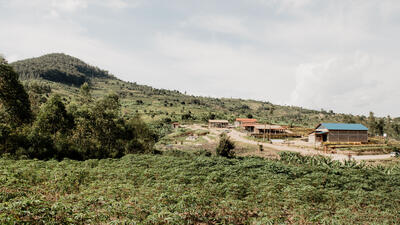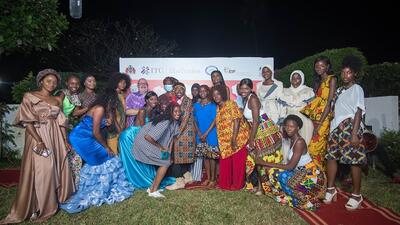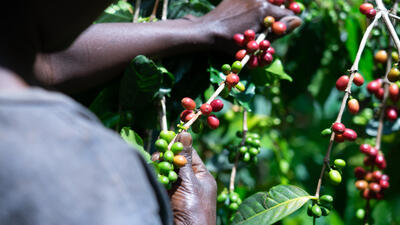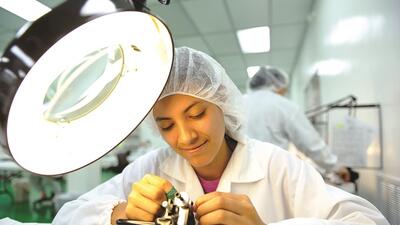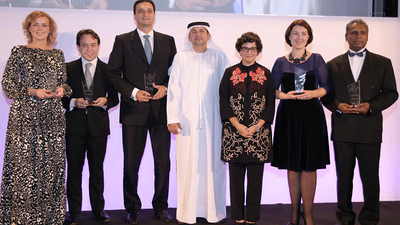Women rebuild post-conflict economies
According to the United Nations Department of Public Information, women and girls represent 70% of the world’s 1.3 billion people living in absolute poverty, a stark statistic and one that highlights a vital need to overcome traditional barriers to women’s economic participation. Femmes Africa Solidarité (FAS), a non-governmental organization with 15 years’ experience in gender, peace and security in Africa, works to promote African women’s leadership in peace and development through empowerment, education, advocacy and support.
In 2008, FAS introduced the Training and Mentoring Program for African Women-Led Businesses headed by the PanAfrican Centre for Gender, Peace and Development, which provides advanced training on gender and peace, specifically highlighting the integration of women in conflict prevention and post-conflict reconstruction processes. FAS partners in the programme included the Instituto de Empresa Business School’s Center for Diversity in Global Management and the government of Spain. The goal of Women-Led Businesses is to contribute to poverty reduction by creating opportunities to increase women’s incomes, specifically in post-conflict or transitioning economies. The Training and Mentoring Program focused on women because their entrepreneurial activities increase the sustainability of a country’s economic growth as they tend to invest earnings in their families, prioritizing nutrition, health and education.
To enhance women’s socio-economic status, FAS concentrated on building the capacity of small- and medium-sized enterprises because they are the answer to igniting economic growth as, according to the Global Partnership for Financial Inclusion Sub-Group on SME Finance, part of the 2010 G20 Seoul Summit, they contribute about 45% of employment and 33% of GDP in developing economies. Their ability to achieve broad development objectives, such as the equitable distribution of opportunities and diversification of a market economy, is complementary to enhancing women’s socioeconomic status. FAS’s ambition was to scale up women entrepreneurs’ businesses and highlight women as key players in community and economic development, rather than vulnerable people or victims of conflict.
The Women-Led Businesses programme selected 24 women in established small enterprises and assisted with transforming and expanding their businesses into consolidated medium-sized enterprises that could generate employment and economic benefits in their communities. The entrepreneurs came from the Democratic Republic of Congo, Liberia, Mozambique, Rwanda, Senegal and South Africa.
A three-phase approach was employed by the programme. Phase one included preparation, field visits to prospective businesses and the selection process. Phase two equipped selected participants with skills, content knowledge, information and technology and communications training. This identified strengths and weaknesses in the businesses and included tutoring, online training and the development of business plans for submission in phase three.
Phase three entailed the selection of 10 winning business plans and empowered the women who had made them through a negotiation and presentation skills workshop that prepared them for future networking opportunities. Additionally, each participant was allocated a high-profile professional as a mentor. Training and mentoring played a key role in the development of business management skills and prepared the women to participate in an investors’ panel that connected them with potential investors and partners, and allowed them to promote their business plans.
Overall, the Women-Led Businesses programme has been very satisfactory, particularly for the women participants as it has encouraged them to take ownership of their individual and community empowerment. They have strengthened their managerial skills and business plans, which is facilitating greater access to financial resources. Femmes Africa Solidarité is consulting with potential funding partners to implement a second edition of the programme with a focus on selecting additional businesswomen from the same regions. The aim is to sustain and amplify the work of trained women within existing partner countries before expanding across Africa.




